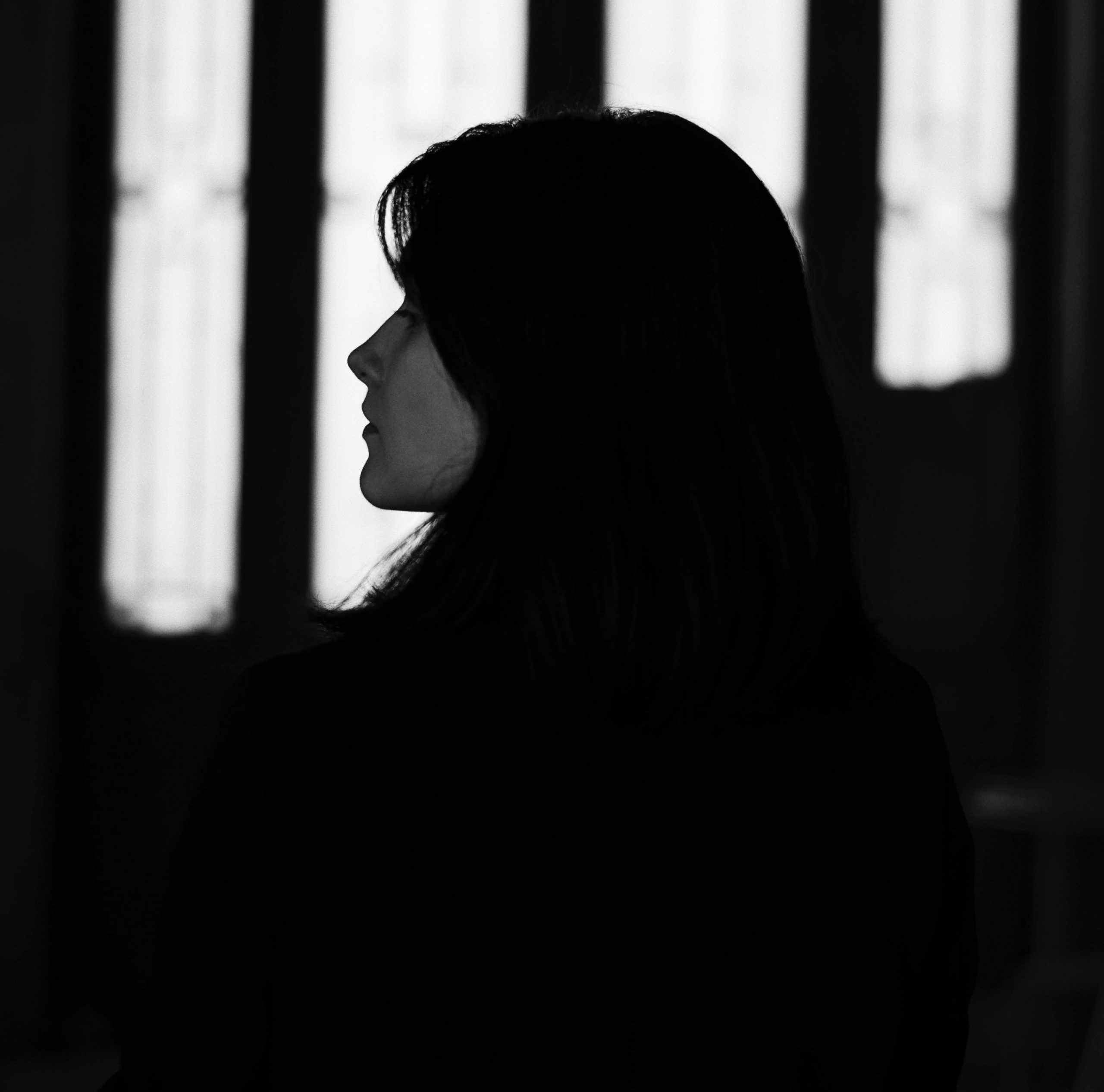ADHD unmasked: a tale of teenage diagnosis
A half-finished crochet blanket lays on the floor, its frayed ends fully submerged in last night’s pasta alfredo. My dead pointe shoes (three months overdue for replacement) are haphazardly strewn against the cheap faux-leather ottoman I bought on Amazon with a gift card from last Christmas. My friend, Alec, surveys the mess and laughs. ‘You have a hot girl LA apartment, you know,’ he says.
After a few internet searches, I find an article that describes the stereotype of women with messy bedrooms, taking selfies in a mirror, fully unaware of the hurricane behind them.
To be honest, I’ve been called worse things. Messy and selfish, from my parents in response to dishes scattered Jackson Pollack style around the house. Erratic, from my first boyfriend, after I started a presidential debate-worthy brawl with him in a Lululemon. Disorganised, from every mathematics teacher who had to straighten out a crumpled piece of paperwork with suspicious stains on the edges.
Sometimes these labels make me feel unique, special. Like that girl: The one who goes to the beach three hours away at 2 am to watch waves and talk about childhood memories. But that girl isn’t some elusive manic-pixie archetype. That girl has an 8 am class the next morning in which she can barely keep her eyes open. That girl just failed an economics test that she forgot existed.
During a routine doctor’s check-up, I describe my lack of focus, intense mood swings, and destructive behaviours. ‘I think I have a mood disorder, but Google says anxiety. Maybe PMDD or SAD or one of the acronyms?’ I explain.
I’ve researched this for the last three hours, and I am confident that I’ve given myself a Grey’s Anatomy worthy diagnosis. My physician asks for my family history of mental health. I realise that I honestly have no clue. My family is traditional, and we talk about mental health about as much as we talk about Russian politics, which is to say, not at all.
That day encompassed an awkward phone conversation in the Union Square Macy’s with my mother. Our family history reads like a rap sheet of ADHD, Asperger’s, and Autism.
Immediately I am referred to a neuropsychologist and begin a process that can only be described as standardised testing for Satan. The adorable four-year-old I babysit could rearrange blocks into a pattern better than I could. He’d also do it in a Jedi outfit, which is a lot cooler than my “Make in Rein” Christmas-themed sweater.
A few weeks later, after numerous tests and interviews, I was diagnosed with severe inattentive and hyperactive ADHD. I was 19.
‘ADHD?’ My mum had asked in response to the news. ‘You’ve always been focused. You get A’s. You played chess. And remember that year when you skipped three levels in gymnastics?’
I do. It was all I could talk about. All I lived for. I’d practise every day until I was covered in bruises and scrapes, and my muscles ached so badly I could barely get out of bed.
My psychologist called it hyper-focus: becoming enraptured by something due to the inability to centre my attention on more than one thing at a time. When I was young, it was praised as dedication, decisiveness, and drive.
I am part of a generation known in the media as “The Lost Girls”: Women who hadn’t been diagnosed in their youth because ADHD in females is widely misunderstood and under-researched. Girls are socially conditioned to mask their symptoms, and as a result, tend to go undiagnosed.
We, The Lost Girls, are plagued by a variety of challenges. Students with ADHD are known for being denied accommodations in school, college entrance exams, and graduate school tests such as the LSAT. Women who are diagnosed late face questioning on the validity of their learning disorder. A college graduate in California recounts a time that she was denied accommodations in high school because she had decent grades. ‘I had to pray that I’d get a teacher that would understand.’ Women often do not get the same clinical diagnosis as their male counterparts as they don’t fit into the typical picture of ADHD: A fidgety young boy acting out in class.
After my diagnosis, my doctor asked me one of the only questions I hadn’t heard during the barrage of psychologist visits: ‘How are you feeling?’
I paused. ‘I’m angry.’
That thought had never occurred to me before this moment. But ADHD had stolen so much from me. I had spent years studying and reading and feeling like something was wrong with me, as the information evaporated the second my eyes left the page. And no one noticed. I am mad. We, the women with learning disorders who have been passed over and ignored, deserve to be mad.
‘It’s okay,’ my doctor said. ‘You’re in mourning. But this diagnosis, it’s not a bad thing. I promise you, what you’ve lost, you will get back.’
Jules Schulman is a journalist and legal researcher. She writes about LGBT+ issues, culture, and sports.



This article is so poignant and powerful. I feel the same frustrations about my own behaviors and it’s inspired me to seek a diagnosis again after hitting a dead-end in college. Beautifully written, Jules. <3